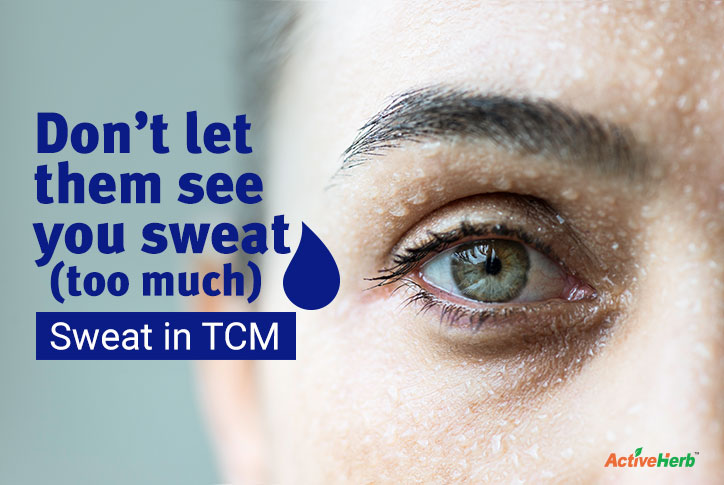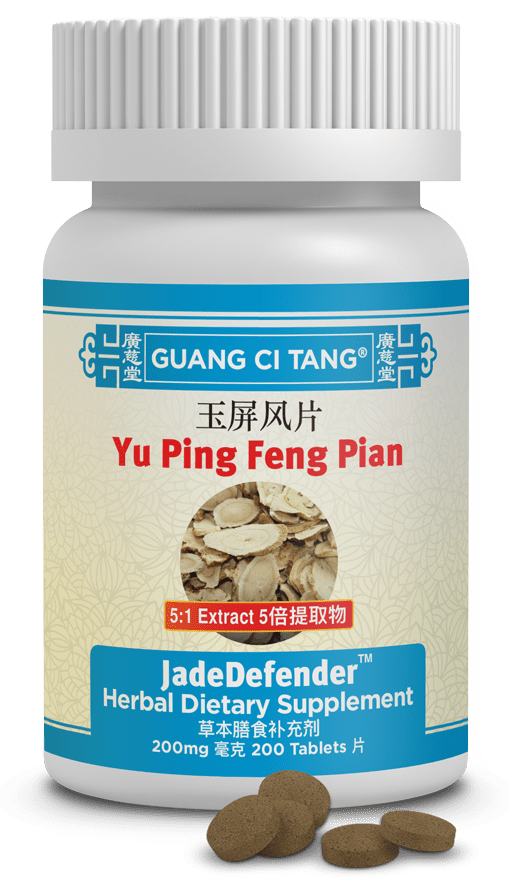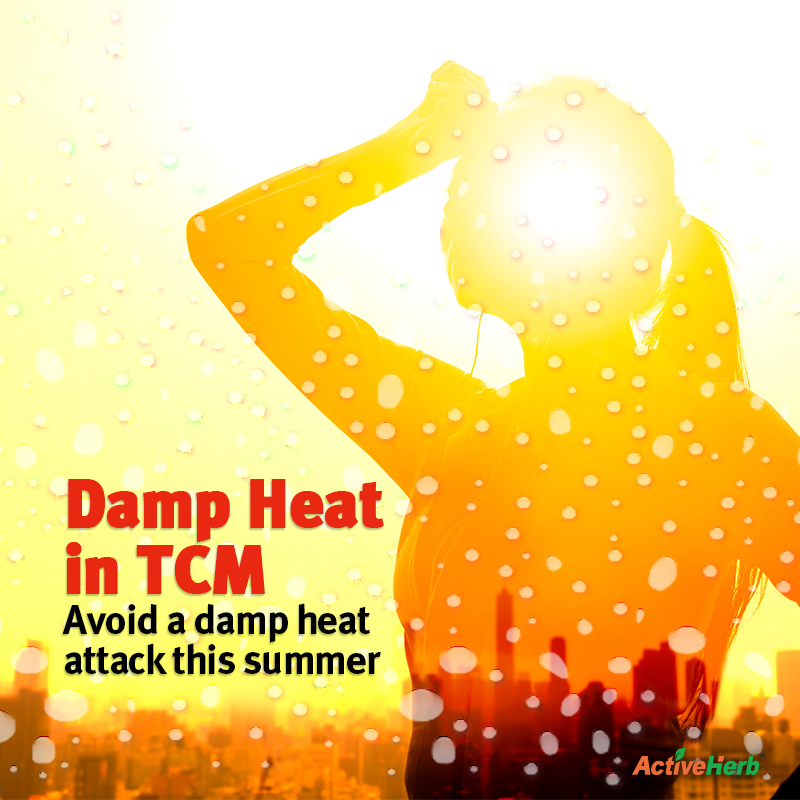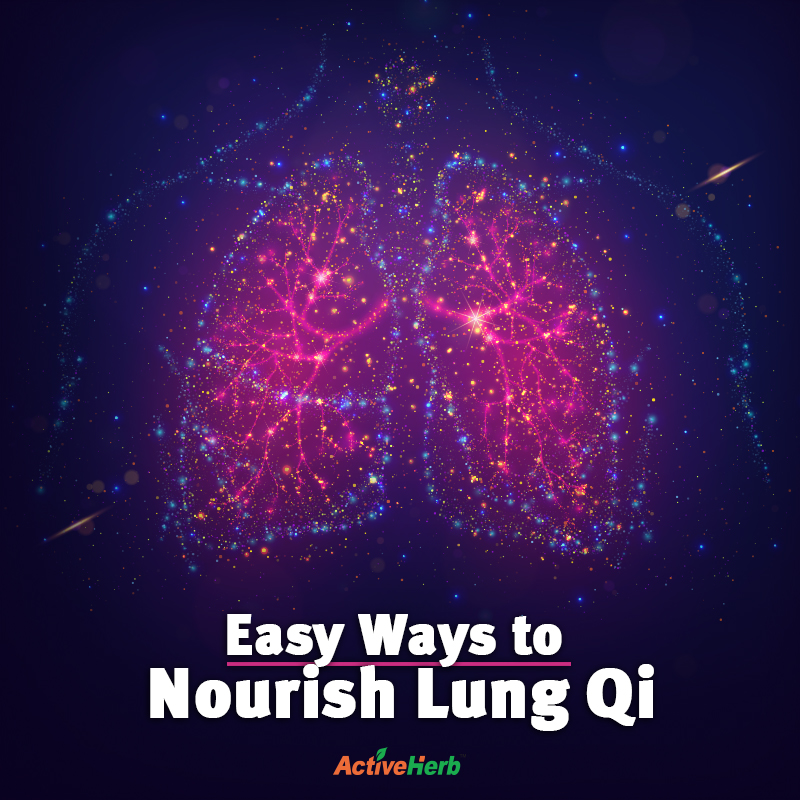Don’t Let Them See You Sweat (Too Much): Sweat In TCM

Hot yoga. Long-distance running. Crossfit. Saunas. Sweat lodges.
Westerners, by and large, voluntarily like to break a sweat!
Add to the mix the hormonal changes of perimenopause and menopause, stress and anxiety, medical conditions and illnesses, and being overweight …
What you get is a recipe for profuse schvitzing.
Sweating is good for the body; it helps release toxins — so we are told.
Traditional Chinese Medicine (TCM) offers a second opinion. The philosophy of sweat in TCM may surprise you.
Sex, Sweat, And Periods
The bulk of TCM’s 5000-year-old philosophies stem from observing the interconnectedness of the cosmos and humankind, each influencing the other’s balance and harmony. (With no smartphones, the environment was more conducive for holistic epiphanies.)
But it didn’t take Confucius (nee, Kong Qiu) to observe that men get tired after sex (if they ejaculate) and women experience fatigue during the menstrual cycle, particularly with a heavy flow.
How do these basic observations relate to sweat?
Like semen and blood, sweat is a precious fluid, a ‘Jin Ye.’
However, in the West, the general attitude towards sweat is ‘the more, the better.’ This is why high-intensity exercise programs such as CrossFit are popular. After all, the more you sweat, the more toxins you release, right? But this line of thinking can harm your health, not to mention it’s factually incorrect.
To the latter point, contrary to conventional belief, sweating does not release toxins. Toxins are mainly excreted via urine and feces. So next time you hear someone say, “I’m addicted to my hot yoga class because I love how it releases my toxins,” tell them to chill out.
Sweating’s main job is regulating body temperature, not purging toxins.
What is Sweat in TCM?
Known as “Han Ye” (汗液) in Chinese, sweat is produced by the sweat glands in the skin and consists primarily of water, electrolytes (such as sodium and chloride), and small amounts of metabolic waste products. Its function is to cool the body by evaporating from the skin’s surface, helping to maintain a stable internal temperature and prevent overheating during exertion or exposure to heat.
Simple enough. This explanation virtually mirrors sweat’s Western biological function. However, in TCM, sweat has somewhat of a bipolar personality. The precious fluid is primarily associated with Yang energy because it regulates body temperature and promotes metabolic activity. When the body produces sweat, it expends Yang energy to generate heat, which is then dissipated through the evaporation of sweat from the skin’s surface. This aligns with the concept of Yang Ye, which also includes semen and digestive juices, fluids associated with warmth, activity, and metabolic processes.
Sweat also contains water and electrolytes, which are considered Yin in nature as they nourish and moisten the tissues. Like blood, sweat also includes Yin characteristics, thus being a Yin-Ye fluid. In this aspect, sweat cools, nourishes, and lubricates.
The Function of Sweat in TCM
But here’s the thing about dripping with sweat…
It’s not a good idea, at least from a TCM perspective. As a Jin Ye precious fluid, sweat is critical in maintaining Yin-Yang harmony (homeostasis in Western pathophysiology). Excessive sweating disrupts this delicate equilibrium, potentially leading to imbalances in the body’s Qi, Blood, and Yin-Yang energies.
Sweat circulates in the body’s exterior, mostly in the skin and muscles. It is controlled by the Lung organ system. In TCM theory, the immune system is key in regulating sweat. Known as Wei Qi (or Defensive Qi), the TCM immune system, under the command of the Lung organ system, opens and closes the pores, serving as a barrier between the interior and exterior of the body. Thus, the main problem with profuse sweating, from a TCM perspective, is that it causes a loss of Defensive Qi. Could this be why long-distance runners have dysregulated immune function after a marathon?
If you have an acute sickness, releasing the exterior (opening of the pores via sweating) drives the evil influence(s) out of the body like a vent. (a.k.a. Sweating it out!) This is a good thing. However, profusely sweating just for the sake of sweating—or mistakenly thinking you’re detoxing—depletes your body of Jing (Essence).
Sweat in TCM Is An Affair Of The Heart
The Lung organ system governs the dissemination of sweat through the pores. But sweat is a fluid of the Heart. In TCM, the Heart system pertains not only to the physical heart but also encompasses broader functions related to mental and emotional well-being, as well as the circulation of Blood and Qi throughout the body. Sweat, a fluid produced by the body’s pores, is connected to the Heart system and reflects its state of balance or imbalance.
Excessive Sweating
Excessive sweating indicates an imbalance or dysfunction within the Heart system. In TCM, excessive sweating is often attributed to factors such as Heat or Yang excess, as well as disharmonies in the body’s Yin and Yang energies. Excessive sweating can deplete the body’s vital fluids and disrupt its internal balance, leading to various symptoms and imbalances, including:
- Profuse sweating: If you’re excessively sweating after walking up a short flight of stairs, this is a surefire sign you have pathogenic Heat.
- Fluid depletion: Prolonged excessive sweating can deplete the body’s fluids, leading to symptoms such as thirst, dry mouth, and fatigue.
- Heart palpitations: Excessive sweating may be accompanied by palpitations or irregular heartbeat, reflecting the Heart’s struggle to maintain balance amidst fluid loss and internal heat accumulation.
- Emotional disturbances: Excessive sweating can disrupt the Heart’s ability to regulate emotions, leading to symptoms such as irritability, anxiety, or insomnia.
It’s for these reasons that classic Chinese medicine prefers exercises like Tai Qi to long-distance running. According to TCM, one should exercise until very lightly sweaty, not profusely.
Insufficient Sweating
Conversely, the Heart can also be Yin deficient, causing insufficient sweating. Blood deficiency can also cause insufficient sweating. When the Heart system lacks sufficient nourishment or vitality, it may fail to properly regulate the body’s temperature and fluid metabolism properly, reducing sweating capacity.
Some symptoms associated with insufficient sweating may include:
- Dry skin: Insufficient sweating can result in dryness and lack of moisture in the skin, which may manifest as roughness, flakiness, or even cracking.
- Heat retention: Without adequate sweating to dissipate excess heat, individuals may experience sensations of heat accumulation in the body, leading to symptoms such as a flushed face, irritability, and restlessness.
- Emotional imbalances: In TCM, the Heart is closely linked to emotions, particularly joy. When the Heart system is deficient, it may manifest as emotional instability, anxiety, or difficulty experiencing joy.
Best TCM Formulas For Sweat Imbalances
For When You’re Under The Weather
If you’re feeling under the weather and can’t shake the feeling, you need to release the exterior (open the pores and sweat). Kudzu root (Ge Gen), the namesake herb in the formula, Kudzu Relaxe, is an 1800-year-old TCM that is the most popular for resolving a Wind-Cold invasion.
For “The Changes”
If you’re experiencing peri- or menopausal symptoms such as night sweats, hot flashes, and spontaneous sweating, the classic formula, Liu Wei Di Huang Wan (Six Flavor Rehmannia Pill), a.k.a. YinVive, is renowned for nourishing Yin deficiency.
For Spontaneous Sweating
Spontaneous sweating represents an obvious indication of an imbalance of Yin and Yang. At its root, this imbalance is due to disharmony between the Yin and Wei Qi. Sweating for no good reason can also be due to a disturbance in the opening and closing of skin and muscle striae, which can lead to sweat leakage.
Where spontaneous sweat manifests provides a clue to which organ system is performing in a state of Yin Qi Deficiency. For example, insufficient Heart Yin can lead to sweaty palms, soles of the feet, or chest. Deficient Kidney Yin can soak your lower back and extremities. With this pattern, you may also feel cold and tired. Do you have sweaty armpits even as you sit in a room with the air conditioning pumping? Blame it on Liver Qi deficiency. (If those sweaty pits are accompanied by irritability, anxiety, or anger, this is also a clue.)
The legendary formula, Jade Defender, may help resolve spontaneous sweating. One of the most trusted TCM formulas for immune support, Jade Defender works for unexplained sweating by strengthening the body’s Wei Qi, which regulates the opening and closing of the pores.
Sweat in TCM: Conclusion
Lesson learned: The phrase “never let them see you sweat” means don’t show others that you’re nervous; you got this! This maxim also applies to TCM theory. More accurately, in TCM, the saying would be, “Never let them see you sweat … too much.” Sweat may not seem so precious on a scorching summer’s day when your shirt is soaking wet from back sweat. But sweat not only helps you keep cool, it’s a precious fluid that’s an integral part of the immune system and the Heart organ system.







